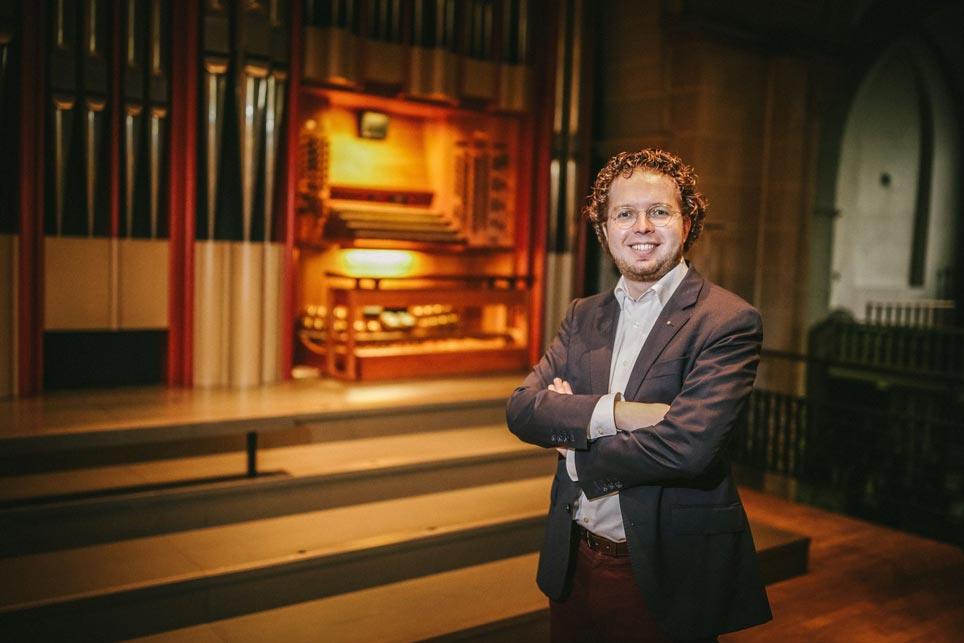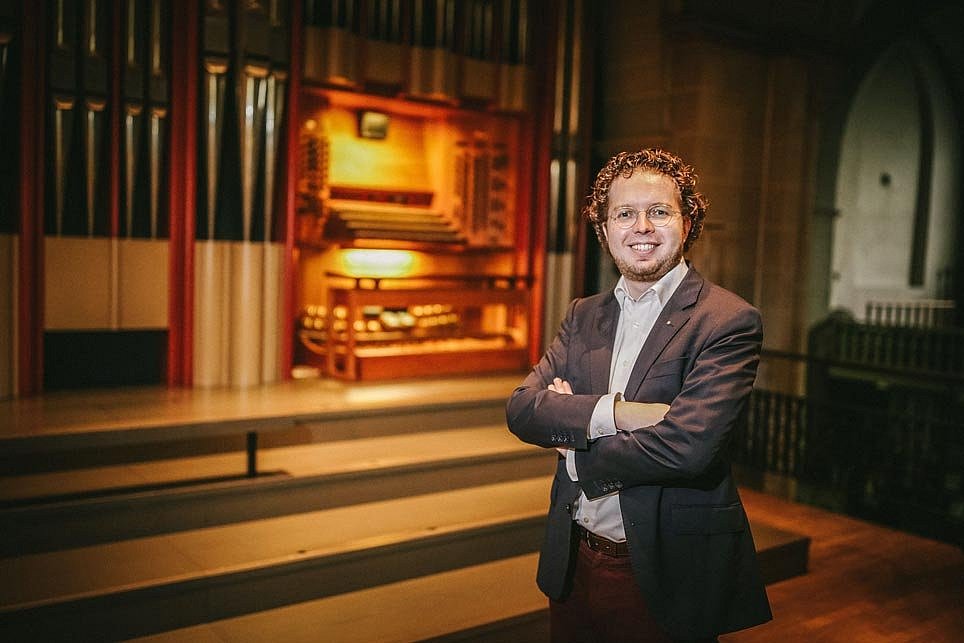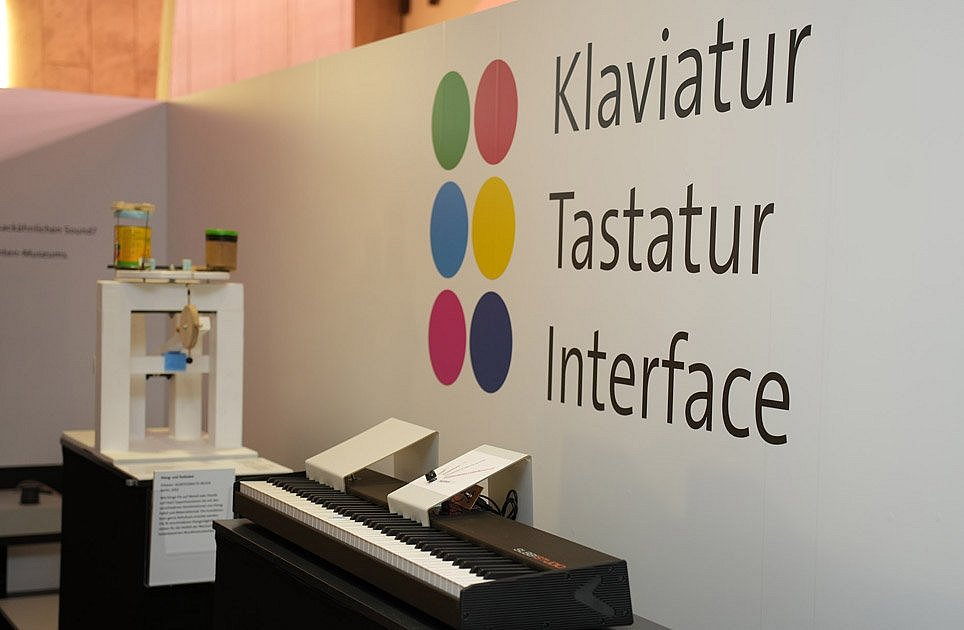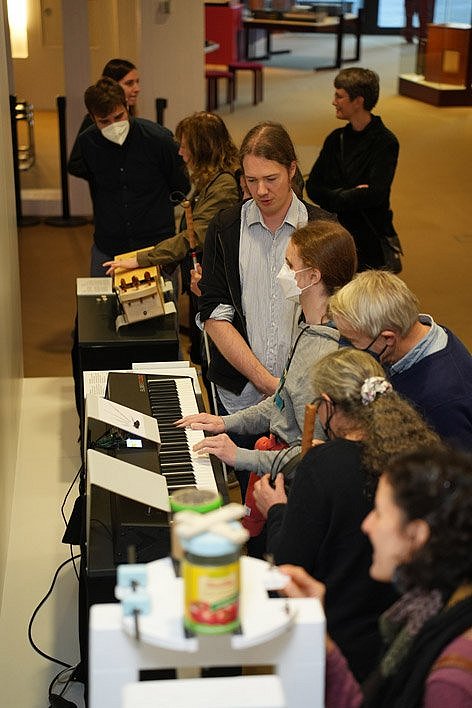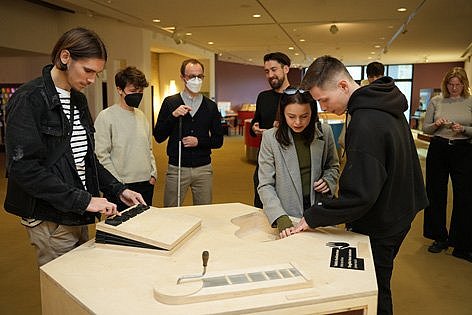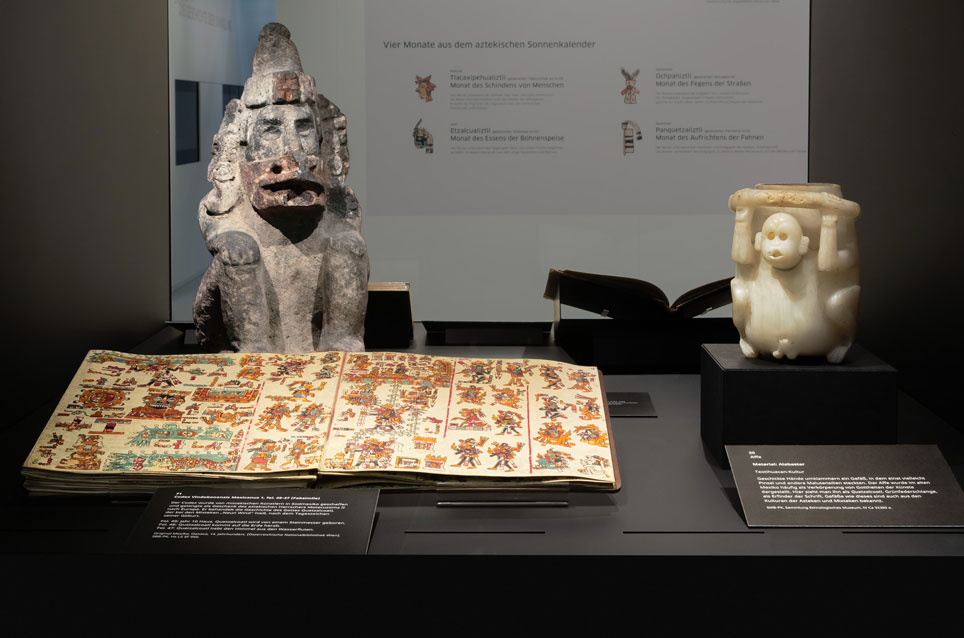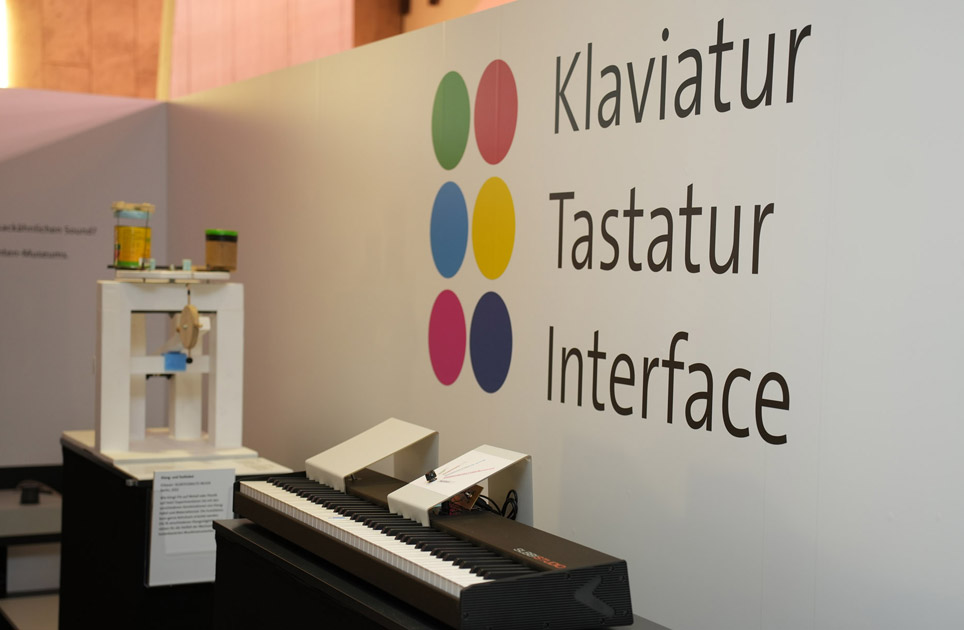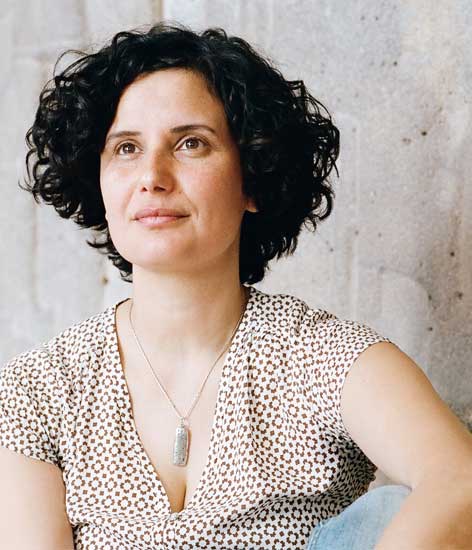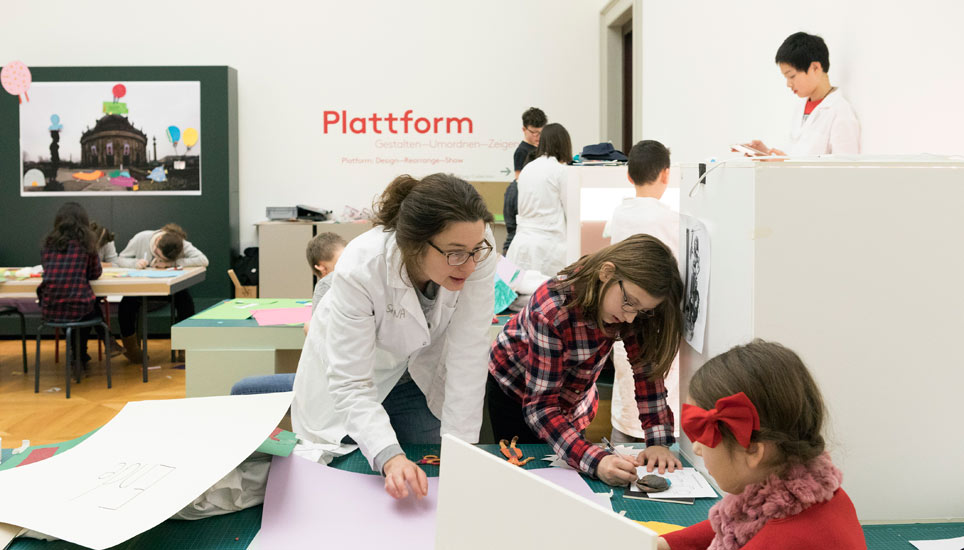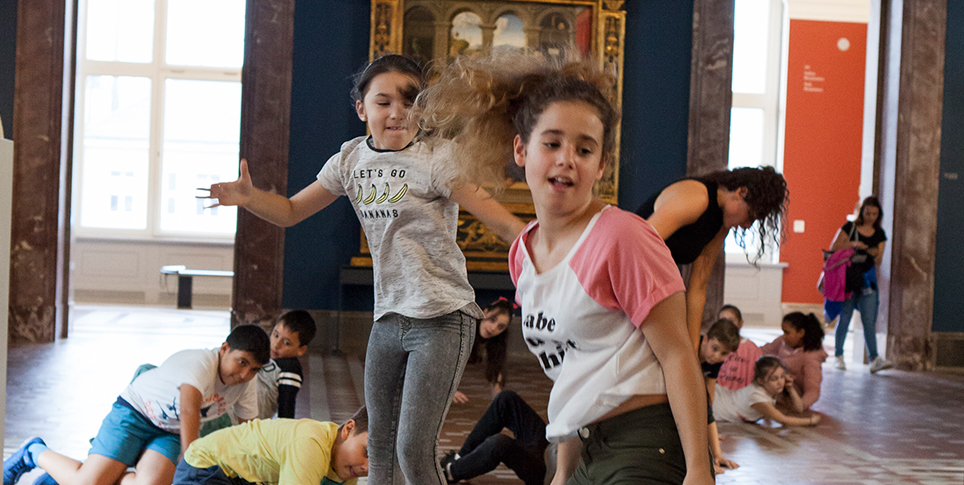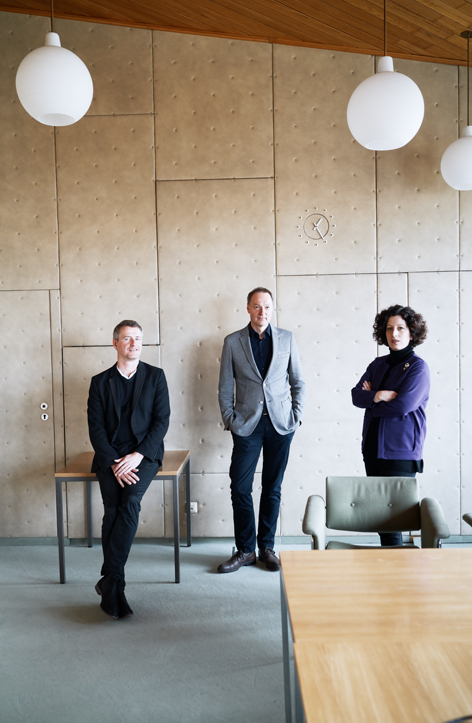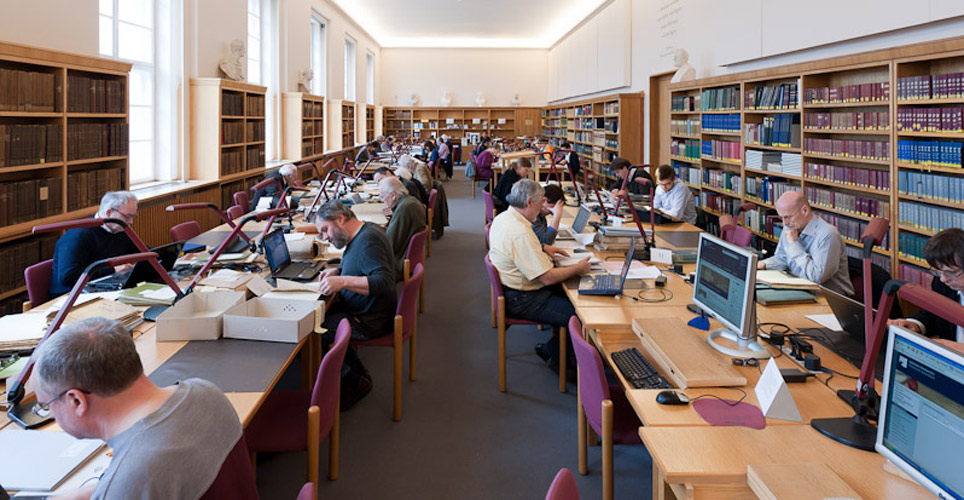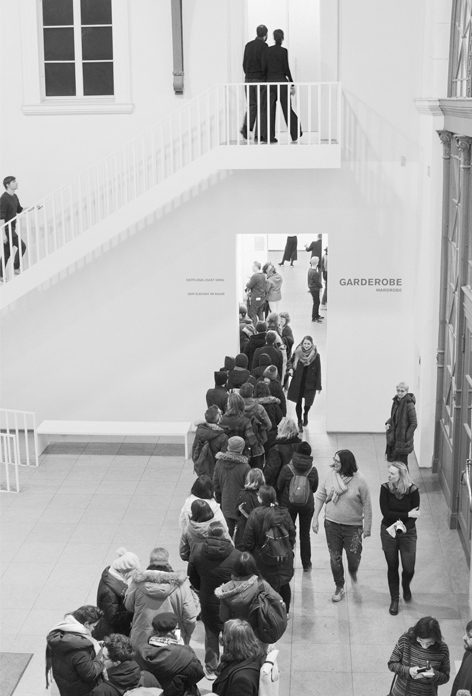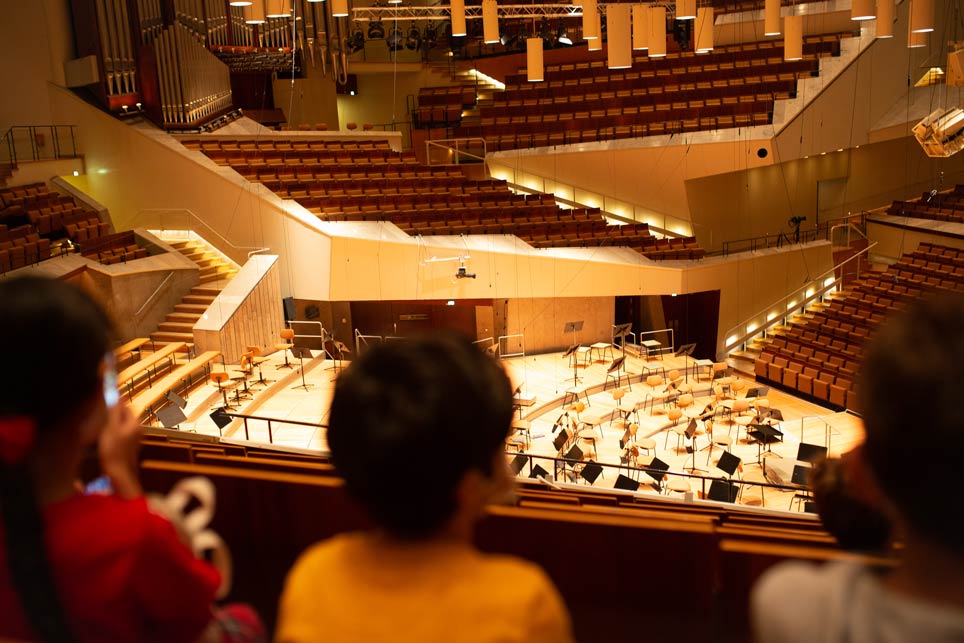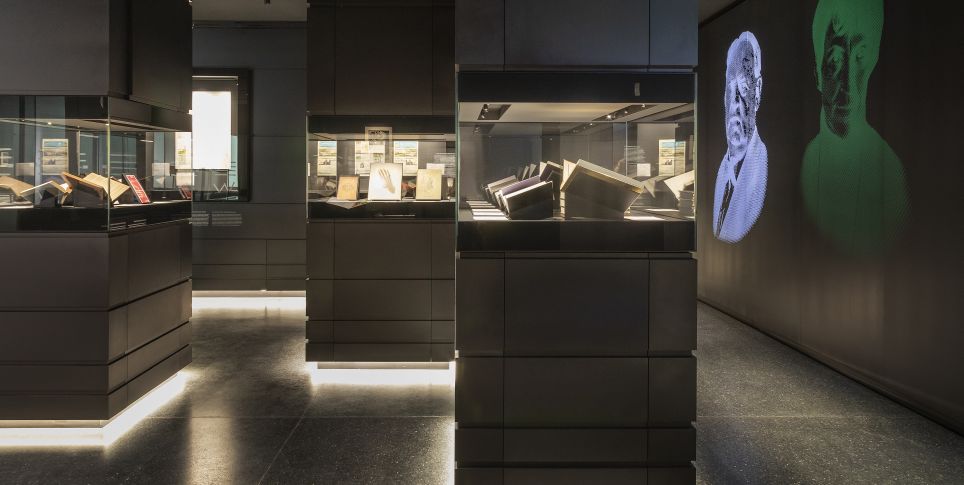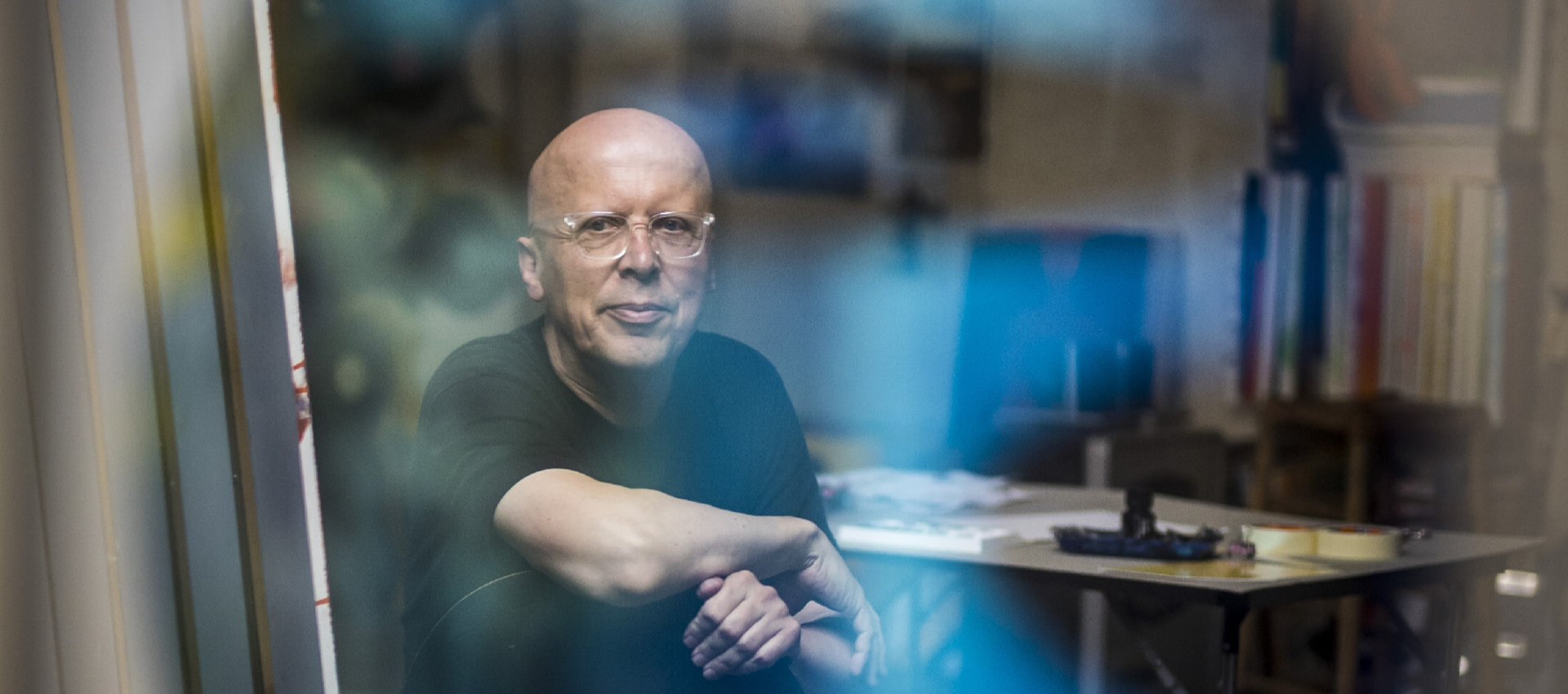Sebastian Küchler-Blessing, cathedral organist in Essen, is the chairman of the jury for the Felix Mendelssohn Bartholdy Conservatory Competition 2023. We spoke with him about the sense of pleasant anticipation in the run-up to the competition and his responsibilities as a jury chairman.
The Felix Mendelssohn Bartholdy Conservatory Competition is the oldest competition for young musicians in Germany and one of the most important. It is organized every year by the Stiftung Preussischer Kulturbesitz (Prussian Cultural Heritage Foundation), the Rectors' Conference of German Conservatories, and Berlin University of the Arts.
Mr. Küchler-Blessing, would you please describe your background in the field of music and explain your role in the Felix Mendelssohn Bartholdy Conservatory Competition (FMBHW) 2023?
Sebastian Küchler-Blessing: I studied liturgical music, music theory and concert organ, and I have been a cathedral organist at Essen Cathedral since 2014. Since that same year, I have been teaching liturgical organ/improvisation and organ at the Robert Schumann Conservatory in Düsseldorf. I feel a close personal connection to the FMBHW, because I won the competition myself in 2012. Each year, the competition is held in two disciplines: violin and piano trio, piano and composition, cello and organ, and voice and string quartet. They rotate each year in that order. For the next FMBHW, in 2023, the artistic director, Professor Sebastian Nordmann, has asked me to chair the jury for the organ section. That means that I can decide things like which instrument will be used for the competition.
Could you describe some of the specific preparations that were needed for the coming competition?
Among other things, there was the matter of selecting who would be in the jury. There are certain provisions for that in the rules of the competition, which, incidentally, is the oldest music competition in Germany and was held for the first time in 1871. These provisions say, for example, that each jury must include at least two professors from the conservatories in the Rectors' Conference of German Conservatories. The rules of the competition also include some provisions regarding the program. There is also the question of who will compose the commissioned work that all of the participants will have to play during the competition. Even if it seems as though a lot of things, like aspects of the program, are already predetermined by the rules, the job has been incredibly enjoyable, because in practice, we had considerable freedom. For someone with my background, it is a playground where you can give free rein to your creativity.
Are you primarily involved with organizational matters in the background, or do you also play a visible role as a jury member during the competition?
As a jury chairman, I will be part of the selection panel at the competition venue. The whole jury will then be sitting, most likely warmly dressed, in the Kaiser-Wilhelm-Gedächtniskirche and listening attentively to the participants. We will listen to all 21 participants and then discuss them, and as chairman, I will play the role of moderator.
Will the upcoming competition mostly involve organ music?
It will involve two fields, cello and organ, and the two juries will be filled independently of one another. There won’t be an overall round either, as in other competitions. Instead, the two fields will remain separate. The special prizes will also be awarded in the individual fields independently of one another.
You mentioned that you won the award yourself at one point. Is it a special honor to sit in the jury for this venerable competition?
Definitely! It is the competition that brings together the best German music students. Each conservatory in Germany can send a maximum of two people. It is not possible to simply apply, either. The participants must be selected by their school and nominated. The participants are representing their music conservatory in Berlin – so a lot of confidence is being placed in them – and if they succeed in winning this prize, which traces its lineage back to the oldest German music prize, or in winning the Federal President’s Prize, then that really is a great triumph for a music professional in Germany.
Is a competition of this kind a stepping stone for the careers of young musicians?
Definitely! Above and beyond the sheer accomplishment of succeeding in the competition, winners can expect something more: this year, in the organ category, we have fortunately been able to get several colleagues from German cathedral churches and concert houses to agree to host prizewinner concerts. This is a big deal, because there aren’t many organ concerts each year at the big concert houses and cathedral churches, and normally, it is all but impossible to play there, especially for young musicians. Where I am, at Essen Cathedral, it would be possible to host five large solo concerts per year, and at the Romanesque Speyer Cathedral, for example, they could host seven guest performances. Participants who succeed in the competition this year can look forward to performing at ION in Nuremberg, which is Germany’s oldest liturgical music festival; Freiburg Minster (cathedral); the Philharmonie in Essen; Speyer Cathedral; or St. Thomas Church in Leipzig, which is of course inseparably linked with Felix Mendelssohn Bartholdy and the rediscovery of Bach that he initiated.
How exactly does the competition proceed? Please describe the process from your point of view as a jury member...
The closing date for applications was in early November 2022. By then, in other words, the students had done auditions, or the like, at their conservatories, and the schools had to decide who to send to the competition. In the organ category, we have 21 participants registered. At the same time, they were given the score of the commissioned work that was specially written for the competition and will be played by all of the participants in the first round.
What sort of piece is that?
We were very fortunate; we were able to commission a work from the famous Hungarian organist and composer Zsigmond Szathmáry. He can be considered one of the most important representatives of “New Music.” His piece is six minutes long. It is called “Rubik’s Cube,” an allusion to the colorful puzzle cube, and it is fairly wild. Very demanding, very physical and very, very energetic. Now the participants are in the process of learning the piece and preparing. There is another 70 minutes of music for them to prepare, so they do have a great deal of work to do.
Does that happen in January, during the actual competition?
In the second week of January, there will be two rounds of the competition. In the first round, each participant will play a program whose basic outlines have already been established in advance. In addition to the work commissioned from Szathmáry, it consists of organ works by Johann Sebastian Bach and Felix Mendelssohn Bartholdy. Of the 21 entrants, eight will advance to the final round. These eight will then play 45 minutes of music, and then it will be up to us as a jury to decide who is the best, who comes out as the winner.
What criteria will the jury members use to make that selection?
There was recently an article in the Frankfurter Allgemeine Zeitung (FAZ) in which several large music competitions were criticized because of a lack of transparency in their selection criteria. There is no possibility of that with the FMBHW in my view: the competition rules have been published, and they provide for a fair, transparent and comprehensible process. Likewise with regard to our specific jury, I certainly hope we can say there is no chance of a lack of transparency in our work. I am convinced that there are objectifiable criteria according to which a jury can make its decisions, or better yet, must make them. One of these criteria would be, for example, the question: Does the material presented work musically? It has to be played as flawlessly as possible, of course, but that isn’t all – music is about technical precision, but it is also about emotions. Another criterion would be: How is the instrument handled? There you are considering the treatment of tone qualities, and whether they are appropriate to the music. Fortunately, the original instruments that Bach or Mendelssohn Bartholdy played are still around to some extent, so that can serve as a point of reference for us. But of course, it is also possible to go in completely new directions and present new tone qualities, new ways of playing. Ultimately, it has to be coherent and make sense musically.
The Felix Mendelssohn Bartholdy Conservatory Competition
The Felix Mendelssohn Bartholdy Conservatory Competition is one of the most important competitions for young musicians in Germany. It is organised once a year by the Stiftung Preußischer Kulturbesitz in cooperation with the Rectors' Conference of the German Universities of Music and the Universität der Künste Berlin.
Is there anything you’re especially looking forward to when the participants give their performances in January?
I am incredibly curious. In the program guidelines, I have tried to push the door open as wide as possible. Relatively little organ music by Mendelssohn exists. The pieces that he did write are wonderful works, but compared to what he wrote for other instruments, the levels of virtuosity and maybe of expressiveness are different. So it was important to me to expressly allow and promote transcriptions – adaptations of works originally written for other instruments. That can give rise to some really exciting new things, and almost half of the participants have chosen to play transcriptions of Mendelssohn works.
That sounds promising.
I am extremely curious to find out what sort of program we are going to hear and how these will be presented as a whole. In the process, you also learn a lot more about the participants: What composers are they bringing? How are they arranging their program? What is the overall impression it creates? What is someone thinking about, above and beyond the purely technical side of playing the instrument? In the best case, we will be sitting down there in the church, and we will be simply thunderstruck by the ingenuity, the musicality coming from up above, and in the end don’t even know to whom we should give the award. That, for me, would be the ideal.
